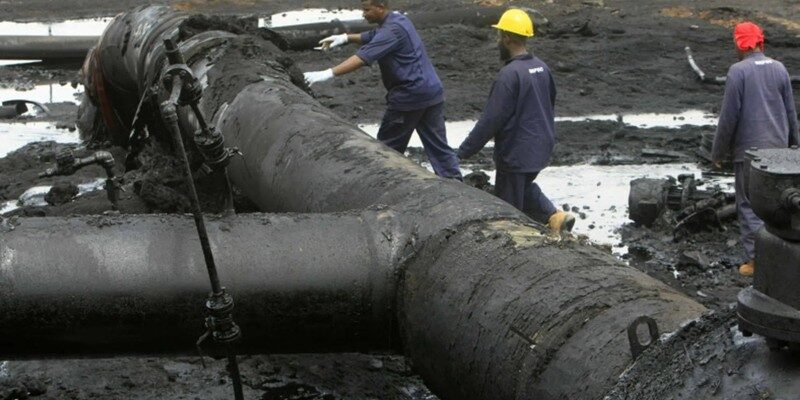South Sudan has resumed crude oil exports through Sudan’s port following the repair of a key pipeline damaged during Sudan’s ongoing civil conflict, providing a critical financial lifeline for Juba.
The pipeline was shut down in April 2023 after it ruptured in White Nile State, an area controlled by the Rapid Support Forces (RSF) amid intense fighting with the Sudanese Armed Forces (SAF).
The conflict displaced millions and worsened an already dire humanitarian situation.
According to a letter dated March 16, 2024, the rupture occurred near frontline territory after BAPCO-operated pump stations ran out of fuel due to military activity in the area.
Sudan’s acting Energy Minister, Mohyeldin Naeem, attributed the shutdown to a “gelling incident,” and the state broadcaster, SSBC, later confirmed that the damaged section had been successfully repaired.
“This is good news because we’ve faced serious difficulties since last year due to the loss of crude oil flow,” said Mohamed Lino, technical adviser at South Sudan’s Ministry of Petroleum.
The resumption follows negotiations involving the Sudanese government, the RSF, the Sudan People’s Liberation Movement-North (SPLM-N), and international stakeholders controlling territory along the pipeline route.
Crude exports through Sudan are vital to South Sudan’s economy, accounting for roughly 90% of its foreign exchange earnings.
Sudan, in turn, benefits from transit fees. Before the rupture, South Sudan had been exporting between 100,000 and 150,000 barrels per day via the pipeline.
Experts say the prolonged disruption led to environmental damage and rising food prices, exacerbating food insecurity in an already famine-stricken region.
![]()




